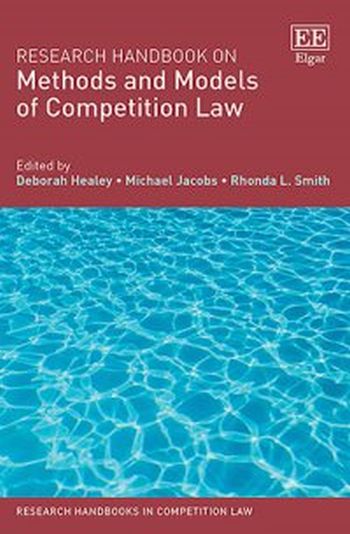
This comprehensive Handbook illuminates the objectives and economics behind competition law. It takes a global comparative approach to explore competition law and policy in a range of jurisdictions with differing political economies, legal systems and stages of development.
A set of expert international contributors examine the operation and enforcement of competition law around the world in order to globalize discussions surrounding the foundational issues of this topic. In doing so, they not only reveal the range of approaches to competition law, but also identify certain basic economic concepts and types of anticompetitive conduct that are at the core of competition law. Taking a forward-thinking perspective, the Handbook also analyses the challenges to the assessment methodology of anticompetitive conduct that are posed by the growth of the digital environment and changing views on economic approaches.
This Handbook’s detailed analytical and comparative approach to economics and competition law will be valuable for academics and students of these subjects. Its focus on policy and key case studies from across the globe will also be beneficial for legal practitioners and competition regulators.